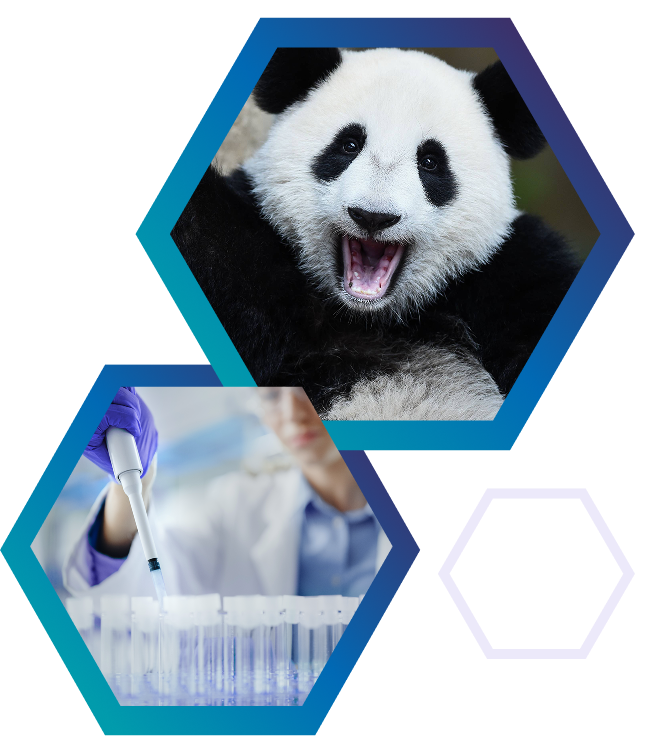Ginger: An Ancient Wonder Drug?
Ginger (Zingiber officinale) is one of the most commonly consumed spices in the world and has been used for thousands of years for the treatment of numerous ailments, such as colds, nausea, arthritis, migraines, and hypertension. Interest in ginger’s anti-inflammatory and anti-oxidative properties for use as a potential therapeutic agent has recently gained renewed interest by Western medicine, and research focusing on ginger’s pharmacological and physiological actions are now being investigated in various disease model systems.
The oily resin from ginger root contains many bioactive components, including 6-gingerol, the primary pungent ingredient believed to exert a variety of remarkable pharmacological and physiological activities. Research suggests ginger may mediate anti-inflammatory effects by reducing levels of pro-inflammatory cytokine and chemokine levels. For example, whole ginger extract can inhibit cytokine production by lipopolysaccharide-stimulated macrophages, and 6-gingerol has been shown to block activation of NF-κB in phorbol ester-stimulated mouse skin models.
To better understand the molecular mechanisms of 6-gingerol activity, a recent study by Ramadan A. Ali from Jason Kinght’s group at The University of Michigan report anti-neutrophil properties of 6-gingerol in models of lupus and antiphospholipid syndrome (APS). In the study, the efficacy of several ginger-derived compounds in reducing neutrophil hyperactivity in antigen stimulated human neutrophils in vitro was tested. The authors observed the inhibition of phosphodiesterases (PDE) by 6-gingerol significantly enhanced neutrophil Protein Kinase A (PKA) activity as measured using the PKA Activity Kit from Arbor Assays. The enhanced PKA activity in neutrophils attenuated neutrophil hyperactivity in response to lupus- and APS- relevant stimuli while also improving other disease-relevant endpoints such as autoantibody formation and large-vein thrombosis in mouse models. The authors found that activation of PKA by 6-gingerol is a potential therapeutic target in lupus and APS, and 6-gingerol concentrations as low as 10 μM were effective in mitigating neutrophil hyperactivity with no cellular toxicity.
This study is the first to demonstrate a protective role for ginger-derived compounds in the context of lupus, and provides a potential mechanism via PDE inhibition and attenuation of neutrophil hyperactivity.
OUR PROTEIN KINASE A ACTIVITY KIT (K027-H1)
- Measure PKA activity in cell lysates and purified systems in 3 hours
- Validated in a variety of species, including humans, mice, rams and more
- Cited across a variety of publications



